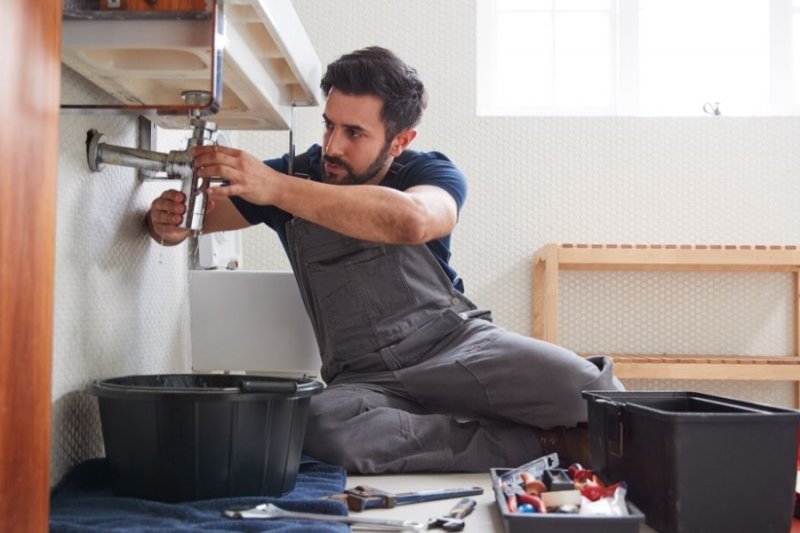Becoming a plumber can be a rewarding and fulfilling career path. Plumbers are in high demand, and the job offers a sense of pride in working with your hands to solve complex problems. If you’re considering a career in plumbing, this guide will help you understand the steps you can take to get started.
Step 1: Assess Your Skills and Interests
Before you begin pursuing a career in plumbing, it’s important to assess your skills and interests. Plumbers need to have a strong mechanical aptitude, problem-solving skills, and the ability to work independently. They should also be physically fit, as the job can involve lifting heavy materials and working in cramped spaces.
Step 2: Obtain a High School Diploma or Equivalent
To become a plumber, you’ll need to have a high school diploma or equivalent. A strong background in math and science is also helpful, as plumbing involves complex calculations and understanding of basic physics.
Step 3: Complete a Plumbing Apprenticeship Program
Plumbing apprenticeship programs provide a combination of classroom instruction and on-the-job training. These programs typically last four to five years and cover topics such as safety, plumbing codes, and installation and repair techniques. You’ll work under the supervision of a licensed plumber, gaining hands-on experience and learning the practical skills you need to succeed in the field.
Step 4: Obtain a Plumbing License
Once you’ve completed your apprenticeship program, you’ll need to obtain a plumbing license to work as a professional plumber. Requirements for licensing vary by state but typically include passing a written exam and demonstrating your knowledge of plumbing codes and regulations.
Step 5: Consider Additional Certification or Specialization
After obtaining your plumbing license, you may want to consider pursuing additional certification or specialization. This can help you stand out in a competitive job market and increase your earning potential. Some areas of specialization include gas fitting, sprinkler systems, and pipe fitting.
Step 6: Gain Experience and Build Your Reputation
Once you’ve completed your education and training, it’s important to gain as much hands-on experience as possible. This will help you build your skills and reputation as a professional plumber. Consider working for a plumbing company or starting your own business to gain experience and build your client base.
Conclusion
Becoming a plumber requires a combination of education, training, and hands-on experience. By assessing your skills and interests, obtaining a high school diploma or equivalent, completing a plumbing apprenticeship program, obtaining a plumbing license, and pursuing additional certification or specialization, you can build a successful career in this field. With hard work, dedication, and a commitment to providing quality workmanship, you can become a respected and sought-after professional plumber.
